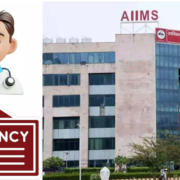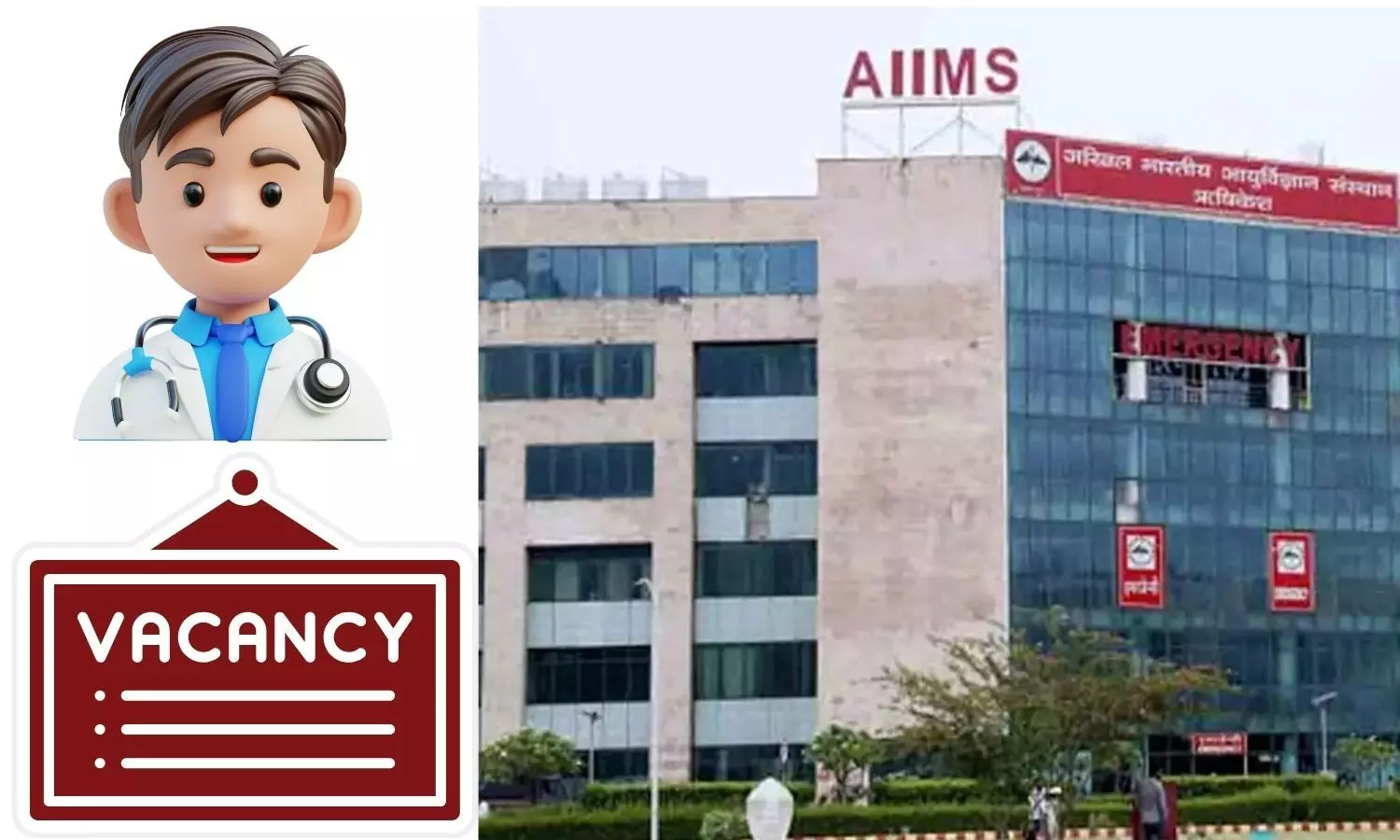Breastfeeding After Breast Cancer Found Safe in POSITIVE Trial

A new study published in the Journal of Clinical Oncology found women who breastfed after breast cancer did not face an increased risk of recurrence or contralateral disease. Many women were also able to breastfeed successfully after breast-conserving surgery, including from the affected breast.
The POSITIVE trial evaluated the safety of temporarily interrupting endocrine therapy (ET) in young women with early HR+ breast cancer who desire pregnancy. Previous findings confirmed that pausing treatment did not elevate short-term recurrence risk. The latest report delves deeper into what happens after live births, specifically exploring breastfeeding frequency, duration, and whether outcomes differ between those who breastfed and those who did not.
Among 317 women in the trial who had at least one live birth, 313 were eligible for the breastfeeding analysis. Of these, 196 (62.6%) breastfed their infants. Notably, women who had breast-conserving surgery were most likely to breastfeed, with 77.8% doing so. However, most of these women (about 69%) breastfed only from the unaffected breast. In contrast, only 45.2% of women who had undergone unilateral mastectomy reported breastfeeding.
Age and prior parenthood also influenced breastfeeding patterns. Women over 35 years of age were more likely to breastfeed when compared with younger counterparts (67.6% vs. 55.7%). Likewise, first-time mothers showed higher breastfeeding rates than women who already had children (66.4% vs. 48.5%).
Duration of breastfeeding was also substantial. More than half of breastfeeding women (52.6%) continued for over 4 months. The median duration was 4.4 months, with confidence intervals suggesting consistency around this timeframe.
A key focus of the study was whether breastfeeding might influence breast cancer outcomes. At a median follow-up of 41 months, the cumulative incidence of breast cancer events within 24 months of the first on-study live birth was nearly identical between groups. Specifically, rates were 3.6% among women who breastfed and 3.1% among those who did not. The 0.5% difference fell well within statistical margins of uncertainty, indicating no meaningful risk increase.
Overall, the findings provide important reassurance for young survivors weighing the decision to pursue both pregnancy and breastfeeding. With two-thirds of participants successfully breastfeeding after treatment, the results challenge longstanding concerns about safety and feasibility.
Source:
Peccatori, F. A., Niman, S. M., Partridge, A. H., Ruggeri, M., Colleoni, M., Saura, C., Shimizu, C., Satersdal, A. B., Kroep, J. R., Gelmon, K., Amant, F., Mailliez, A., Moore, H. C. F., Ruiz-Borrego, M., Walshe, J. M., Borges, V. F., Gombos, A., Kataoka, A., Rousset-Jablonski, C., … International Breast Cancer Study Group and the POSITIVE Trial Collaborators. (2025). Breastfeeding after hormone receptor-positive breast cancer: Results from the POSITIVE trial. Journal of Clinical Oncology: Official Journal of the American Society of Clinical Oncology, 43(24), 2712–2719. https://doi.org/10.1200/JCO-24-02697
Powered by WPeMatico







